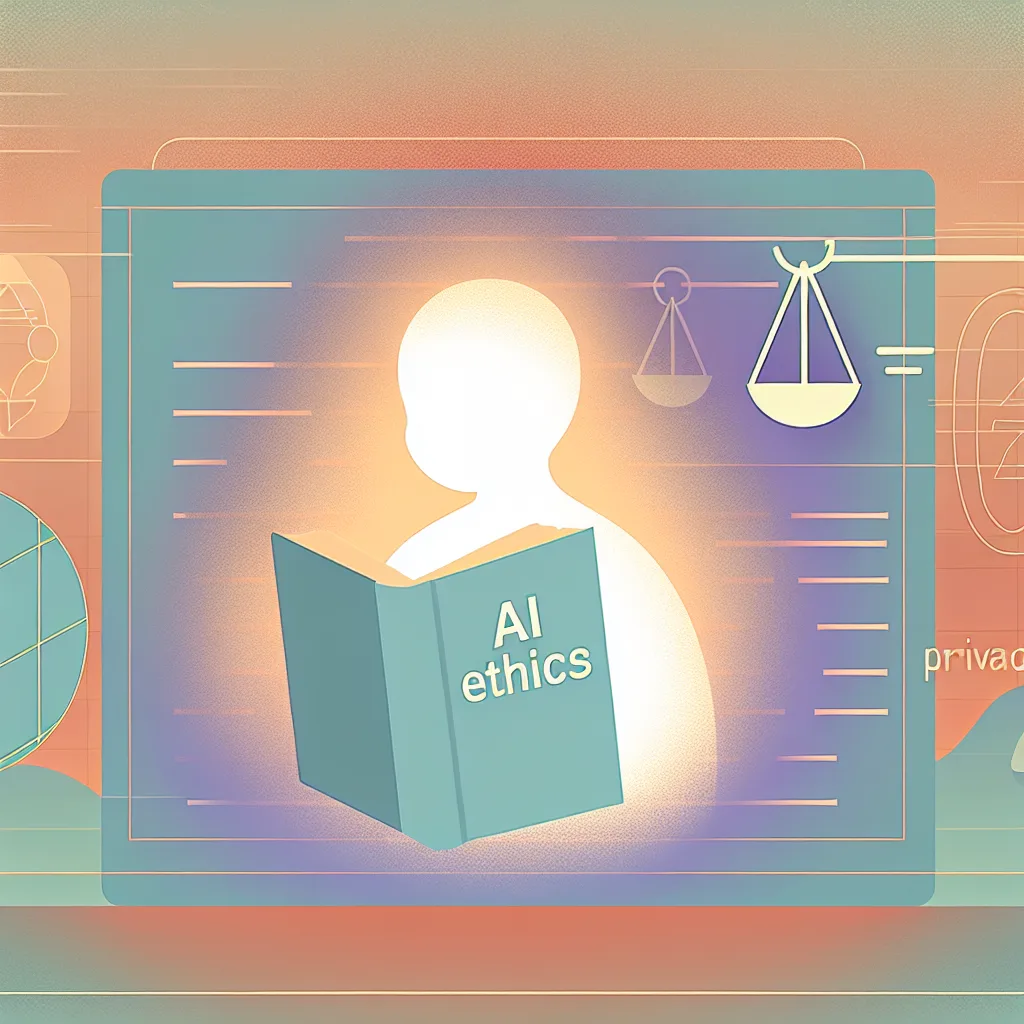Exploring the path to becoming an AI ethicist through self-learning, no formal background needed.
If you’re curious about becoming an AI ethicist but worried you don’t have the right degree or background, you’re not alone. The field of AI ethics seems like it could require a heavy dose of philosophy, politics, or deep technical knowledge. But here’s the thing: you really can start an AI ethicist career even if you’re self-taught and have no formal training in those areas. Let’s break down how.
What’s an AI Ethicist, Anyway?
First up, what do AI ethicists actually do? Basically, they examine the moral and social impacts of artificial intelligence — think about fairness, privacy, bias, and the risks of AI technologies such as generative AI models. AI ethicists help steer how AI is developed and used responsibly. So, your interest in values and concerns about AI’s risks is a great starting point.
Do You Need a Degree to Become an AI Ethicist?
Short answer: not necessarily. A background in philosophy, political science, or computer science helps, but many people come from diverse fields or start with a personal passion for ethics and AI. The key is that you need to understand AI basics and ethical frameworks.
Since you mentioned no prior knowledge of how AI works or political/philosophical basics, self-learning is a solid route. Tons of online courses cover AI fundamentals and ethics — platforms like Coursera, edX, and Udacity have programs created by top universities and experts (for example, MIT’s AI Ethics course). You can also dive into books and articles that explain these topics in friendly terms.
How to Learn AI Ethics On Your Own
- Start with the basics of AI: Learn how AI models work, especially generative models if that’s your focus. Introductory courses or YouTube explainer videos can help.
- Explore ethical concepts: Look into key ideas like fairness, transparency, accountability, and privacy.
- Follow current debates: AI ethics isn’t static. Read blogs, follow organizations like the AI Now Institute, or check out news about AI policies.
- Practice thinking critically: Try to analyze real-world AI applications and consider possible ethical concerns or improvements.
Can You Break Into the Field Without Formal Credentials?
Yes, especially if you show a strong grasp of issues and a clear passion for ethical AI. Build a portfolio by writing articles, joining discussions, volunteering for related projects, or contributing to open-source AI ethics initiatives. Networking with professionals and participating in communities like the Partnership on AI can open doors.
Wrapping Up
You don’t have to wait for a degree to start your AI ethicist career. With genuine interest, some curiosity, and commitment to learning, it’s absolutely possible to make your mark in this important field. If you want to understand both how AI works and its ethical challenges, plenty of resources exist to help you shape your own path.
Helpful Resources
- AI Ethics Online Courses on Coursera
- Ethics of AI and Big Data — edX
- AI Now Institute for research and reports
Starting anything new can feel overwhelming, but following your values and learning step-by-step will make the journey manageable—and meaningful.
